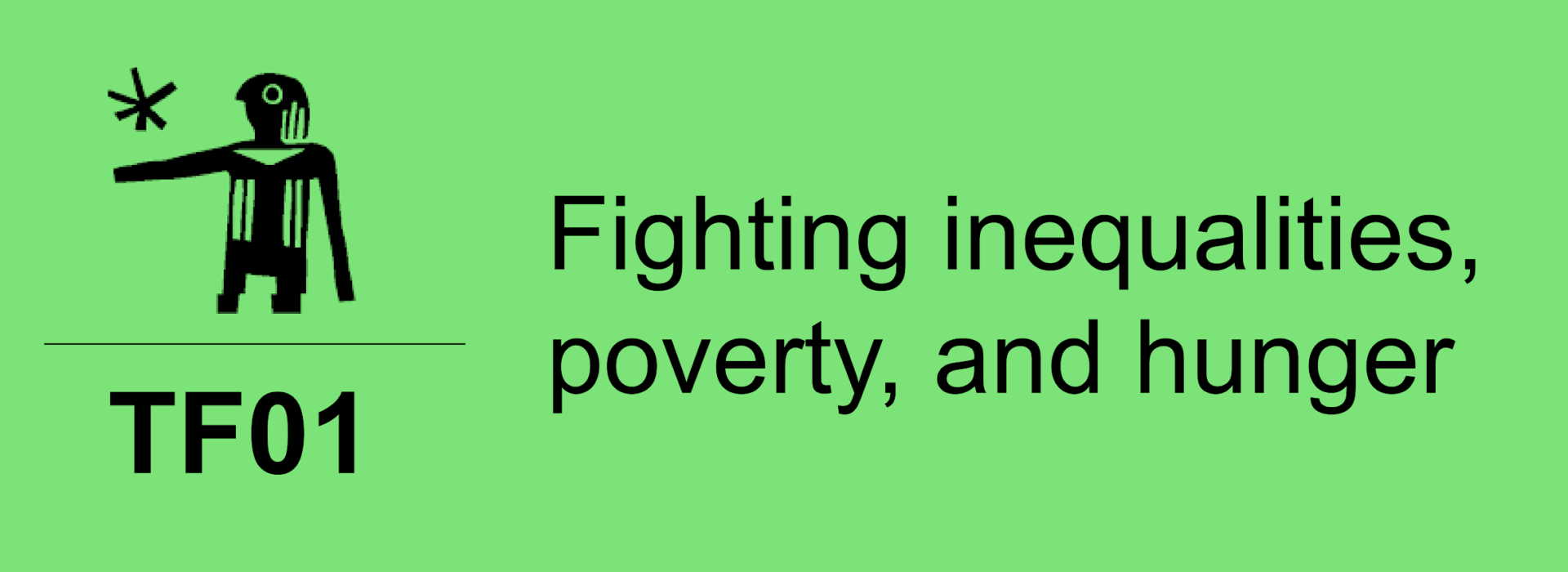There is a growing consensus that the neoclassical economic model, which emphasizes limited government and industrial policies, is failing to deliver economic prosperity for all. Over the last decades economic trends worldwide reveal increasing inequalities. The current realities, informed by the challenges of the Covid-19 pandemic, highlight that the public sector plays a crucial role in combatting inequalities and poverty. The root and structural causes of economic inequality within and between countries are grounded in global, regional, and national economic and political systems, wherein groups most left behind experience multiple, persistent, and intersecting forms of human rights violations, including gender and racial discrimination, and exclusions from resources to thrive. Economic growth alone, measured in Gross Domestic Product, is insufficient to enable specific communities to ‘catch up’ and experience an adequate standard of living. The realities of production and consumption patterns also contribute to power imbalances that intensify growing racial, gender, income and wealth inequalities within countries as well as inequalities between countries. This paper explores ways in which human rights enhancing economic policies can repair/address root causes of and structural barriers to the enjoyment of human rights by groups experiencing racial discrimination from an intersectional point of view. It presents Baby Bonds as essentially a birthright to capital to be used in adulthood as a baseline to build economic security, and their potential redistributive impacts for racial, gender, and economic equity. The paper challenges traditional economic paradigms by incorporating insights from stratification economics. It makes the case for human rights enhancing economic policies, investments, and programs that contribute to racial and . . . . . . gender equality as well as shared prosperity and sustainable and inclusive economies, with positive multiplier effects well beyond income on families, the private sector, nation-states, and the global economy at-large.
Register for Updates
Would you like to receive updates on the Global Solutions Initiative, upcoming events, G7 and G20-related developments and the future of multilateralism? Then subscribe here!
1 You hereby agree that the personal data provided may be used for the purpose of updates on the Global Solutions Initiative by the Global Solutions Initiative Foundation gemeinnützige GmbH. Your consent is revocable at any time (by e-mail to contact@global-solutions-initiative.org or to the contact data given in the imprint). The update is sent in accordance with the privacy policy and to advertise the Global Solutions Initiative’s own products and services.









